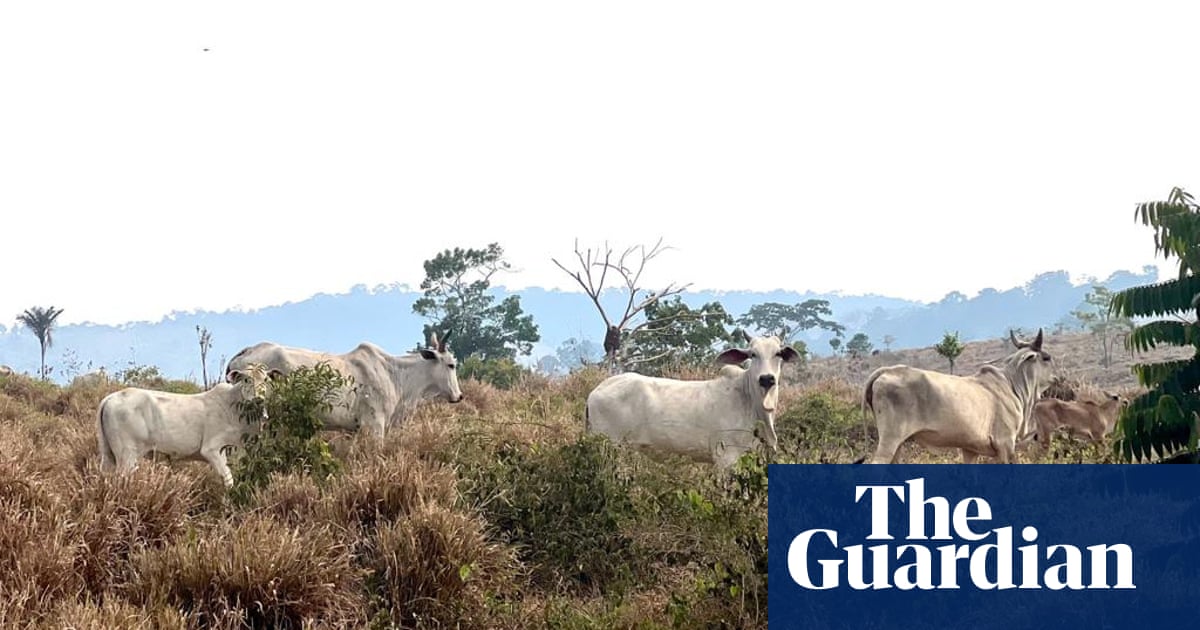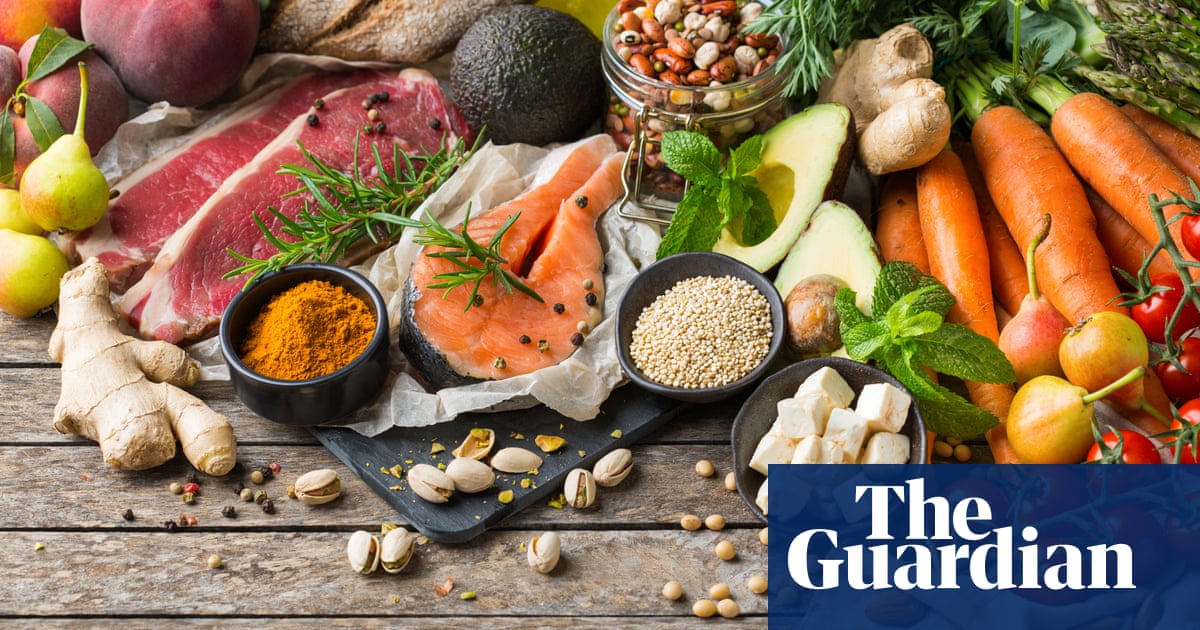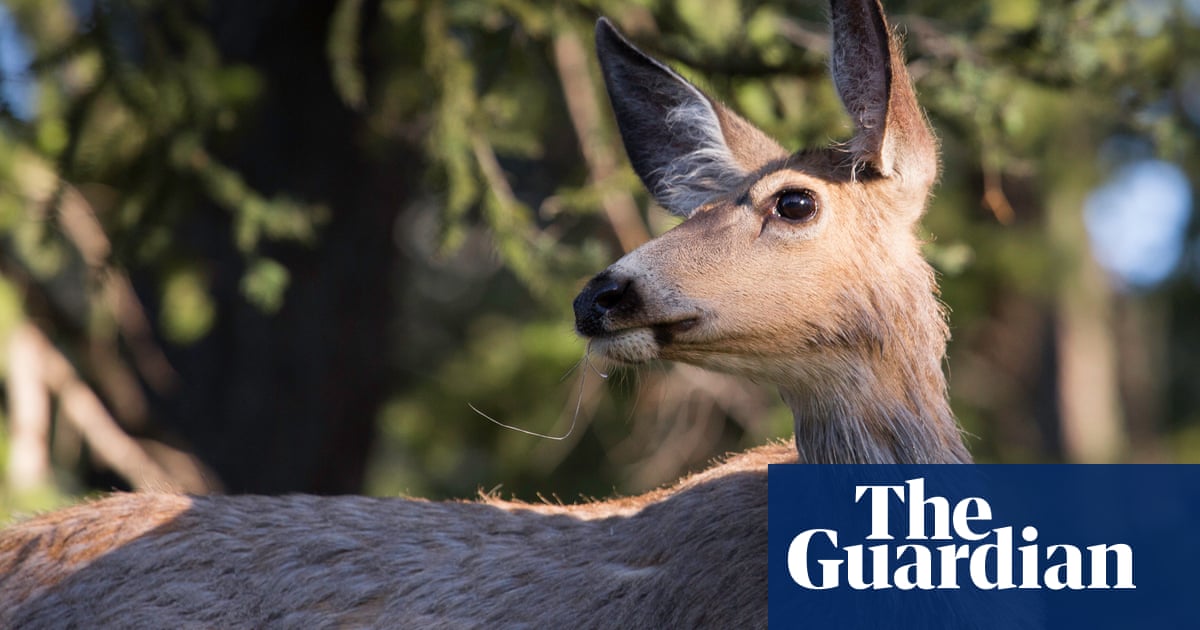I agree. Would be better to have CO2 per calorie or protein.I like the chart and surprised about farmed fish (which I avoid for other reasons already).
But one complaint is the a KG is not the best metric. On the margins that matter - take poultry vs. rice. I would rather see calories and protein rather than raw kilograms. Or similarly eggs vs rice.
I'd like to see wild caught fish and shrimp.
If you go by that chart alone, the real issue is beef, lamb, farmed shrimp and cheese. The weight of dark chocolate and coffee consumed per person is probably very small. And cheese can also be pretty small but it depends. I would suspect that different cheeses can have vastly different footprints.
Coffee is 4.4 kg per person annually vs 26 kg for beef. In the US. So beef is roughly a 20 fold problem over coffee. But at least beef provides something necessary compared to coffee.
I will defend coffee as essential even though it has no calories or protein.













